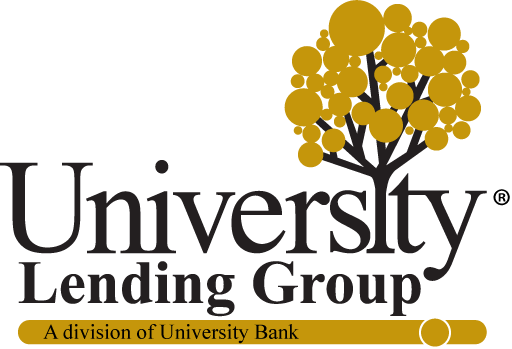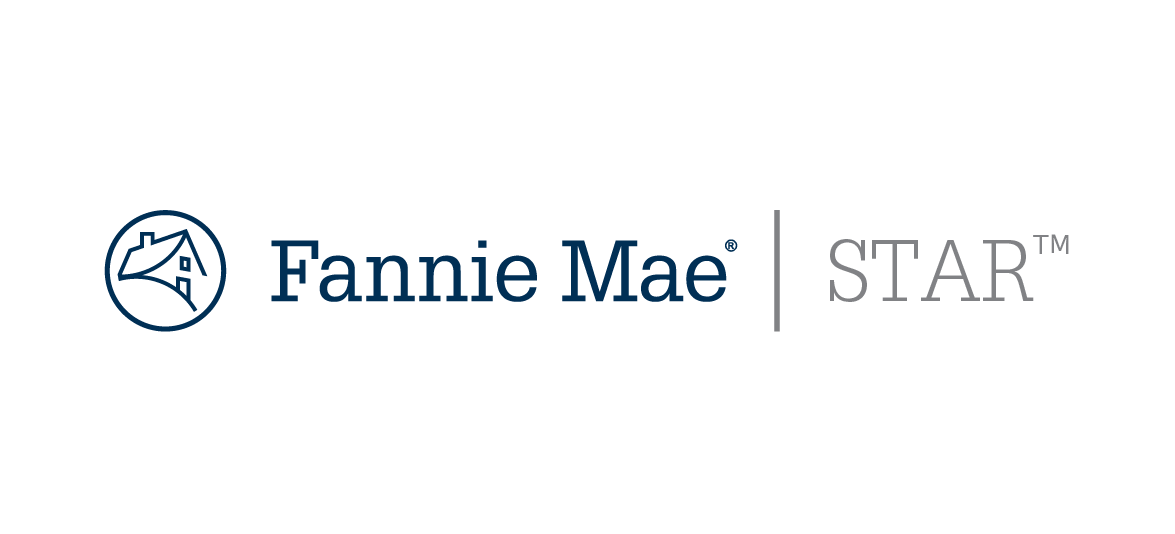Down Payment Assistance
Down payment assistance (DPA) programs are designed to help homebuyers overcome the challenge of coming up with a substantial down payment when purchasing a home. These programs are typically offered by government agencies, non-profit organizations, or local housing authorities. Down payment assistance can come in various forms, including grants, loans or second mortgages.
Qualification Criteria:
- Homebuyers must meet specific eligibility criteria, which could include income limits, credit score requirements and housing intentions for certain programs.
- Some programs also have restrictions based on the type of mortgage loan you plan on using and the location or condition of the home purchase.
Application Process:
- Homebuyers interested in down payment assistance must apply for the program. This could involve submitting financial documentation to determine your eligibility.
Homebuyer Education:
- Some DPA programs require homebuyers to complete a certain number of educational courses. This is designed to provide valuable information about the home buying process, budgeting, and homeownership responsibilities.
Down payment assistance programs vary widely by location and availability and terms can change. You could use the money to either help you reach your minimum down payment, your closing costs, or both, it all depends on the program. Work with your trusted loan officer to see which down payment assistance options might work best for you and your financial situation.
Down Payment Options
- Cash: Cash is the most straightforward option for a down payment. Buyers can use their savings or other sources of cash to pay for the down payment.
- Gift funds: Gift funds from a family member or other source can be used as a down payment. The lender may require documentation to verify that the gift is a genuine gift and not a loan.
- Grants: Certain state and local programs offer grants to help with down payment and closing costs.
- Loans: Some buyers may choose to use a personal loan or a loan from a family member to cover their down payment.
- First-time homebuyer programs: There are various programs available for first-time homebuyers that can provide down payment assistance, such as the Fannie Mae HomeReady program.
- Borrowing against retirement accounts*: Some buyers may choose to borrow against their retirement accounts, such as a 401(k) or an IRA, to cover their down payment.
*Not financial advice. Consult with a financial advisor.
When you review your finances with your loan officer, they will take the time to show you the options available to help make buying a home more manageable.
Everybody’s financial situation is different, and that means your down payment is unique to you alone. With different types of loans to choose from, your down payments options can vary to meet your budget; some even have a no down payment if you qualify or allow you to seek down payment assistance.
The type of down payment option that is best for a particular buyer depends on their financial situation, the type of loan they are obtaining, and the amount of money they have available for the down payment. Some loan programs may have requirements or restrictions on the type of down payment that is acceptable. It’s important for buyers to carefully consider their options and work with a lender to determine the best solution for their needs.




